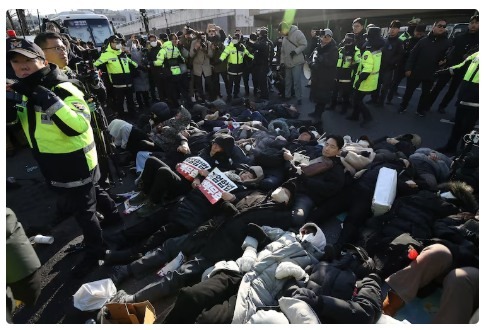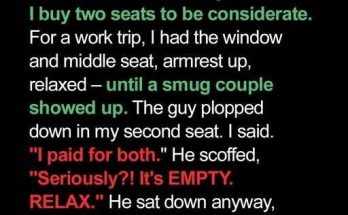
His supporters believe Yoon’s assertion that that the opposition is attempting to steal the presidency, that the opposition leader — who has already been charged in multiple criminal cases — should be arrested first, that the previous election was rigged — which Yoon also insisted when attempting to implement martial law — and that North Korea-backed left-leaning forces in South Korean society are trying to topple the government.

Under South Korea’s constitution, if a sitting president is accused of insurrection, the police have the authority to arrest him while he is still in office.
A joint investigation team sought the warrant on insurrection and abuse of power charges after they said Yoon ignored three summonses to appear for questioning.
The court’s decision to grant the warrant marks the first for a president in the country’s history.
Immediately after the request, Yoon’s attorneys asked the court to dismiss it, claiming that the headquarters “does not have the authority to investigate an insurrection” and that declaring martial law was constitutional.

Yoon declared martial law in a televised speech on Dec. 3. The president said the measure was necessary due to the actions of the country’s liberal opposition, the Democratic Party, which he accused of controlling parliament, sympathizing with North Korea and paralyzing the government.



